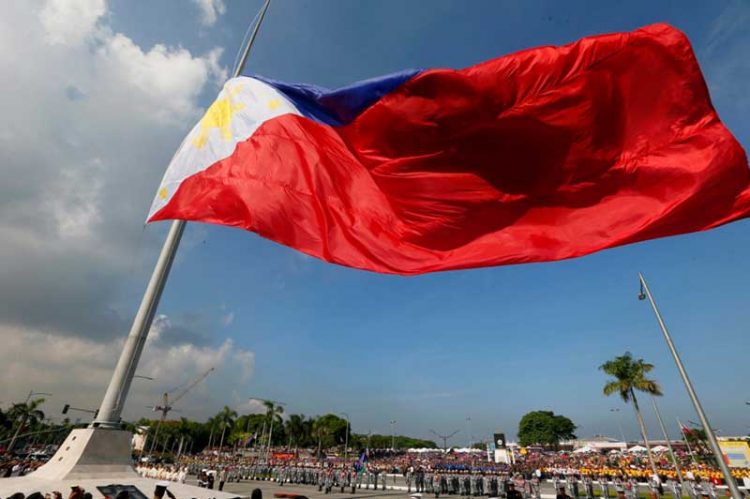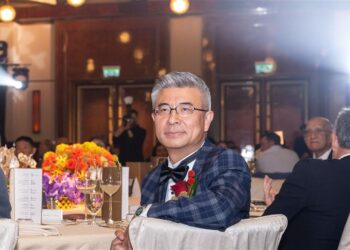The Philippines was on Friday removed from an international “grey list” of jurisdictions under increased monitoring for strategic deficiencies in efforts to counter money laundering, terrorist financing and proliferation financing.
Global anti-money laundering watchdog the Financial Action Task Force’s (FATF), which compiles and oversees the list, confirmed following a plenary in Paris on Friday that the Philippines was no longer under increased monitoring after making positive progress in addressing the strategic anti-money laundering (AML), counter-terrorism financing (CTF) and counter-proliferation financing (CPF) deficiencies previously identified during their mutual evaluations.
“The Philippines has completed their Action Plan to resolve the identified strategic deficiencies within agreed timeframes and will no longer be subject to the FATF’s increased monitoring process,” the agency said.
Specifically, it explained that the Philippines had demonstrated that effective risk-based supervision of DNFBPs (Designated Non-Financial Businesses and Professions) is occurring, that supervisors are using AML/CFT controls to mitigate risks associated with casino junkets, that it is increasing the use of financial intelligence and money laundering investigations and prosecutions in line with risk, and more.
However, it noted, “The Philippines should continue to work with the Asia/Pacific Group on Money Laundering of which it is a member to sustain its improvements in its AML/CFT system.
“The FATF encourages the Philippines to continue its work in ensuring that its CFT measures are appropriately applied, particularly the identification and prosecution of terrorism financing cases, and are neither discouraging nor disrupting legitimate NPO activity.”
The Philippines was the only nation to be removed from the grey list on Friday, with 25 nations still under increased monitoring, including Vietnam and Nepal.
Exiting the grey list is seen as a key driver of economic activity by making it easier for individuals and corporations to conduct cross-border transactions.
In a statement, Alejandro Tengco, the Chairman and CEO of Philippine gaming regulator PAGCOR, said, “We are honored to have played a crucial part in this development, and the public can rest assured that PAGCOR will continue to ensure that all our licensees are compliant with all anti-money laundering rules and regulations.
“We also commit to sustain the fight against money laundering and terrorist financing in the entire Philippine gaming industry, including our online gaming operators, land-based casinos and junket operators.”




































